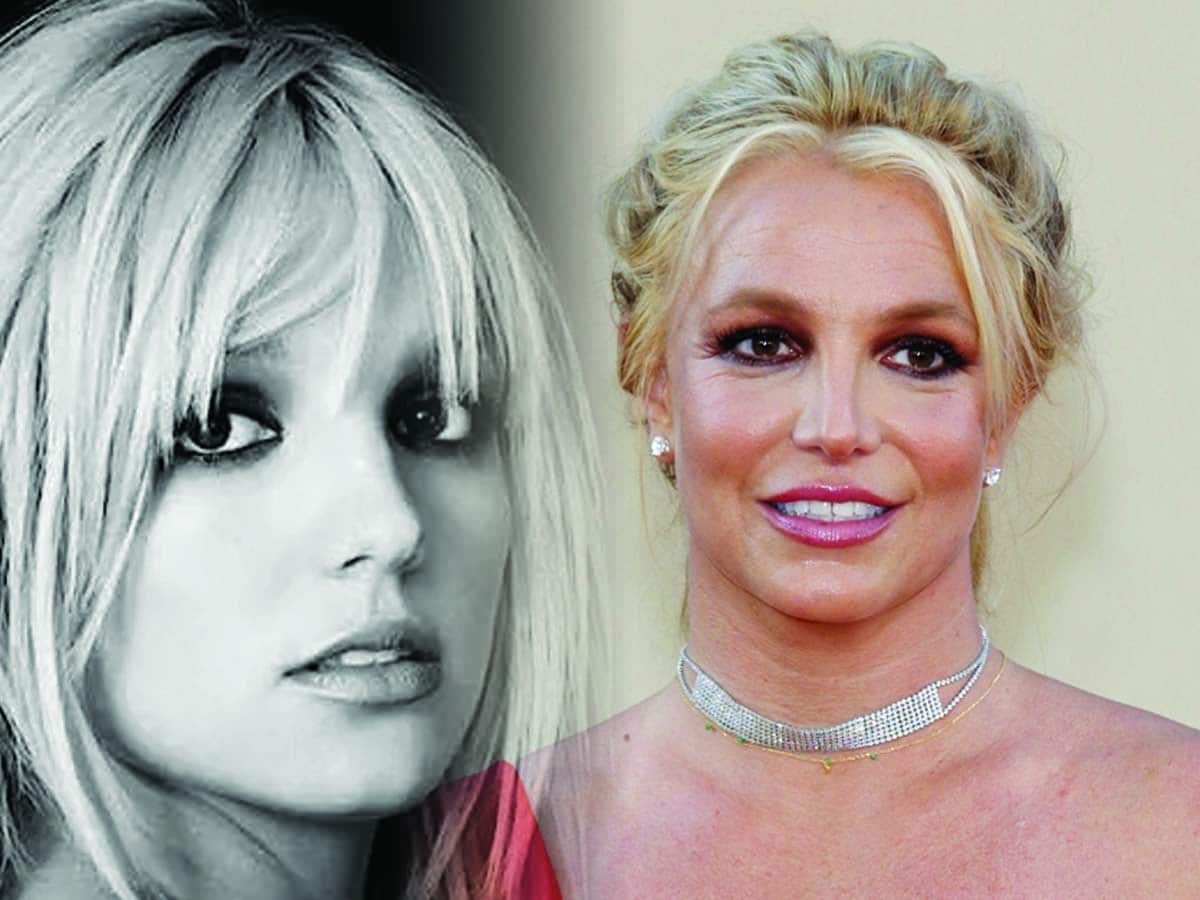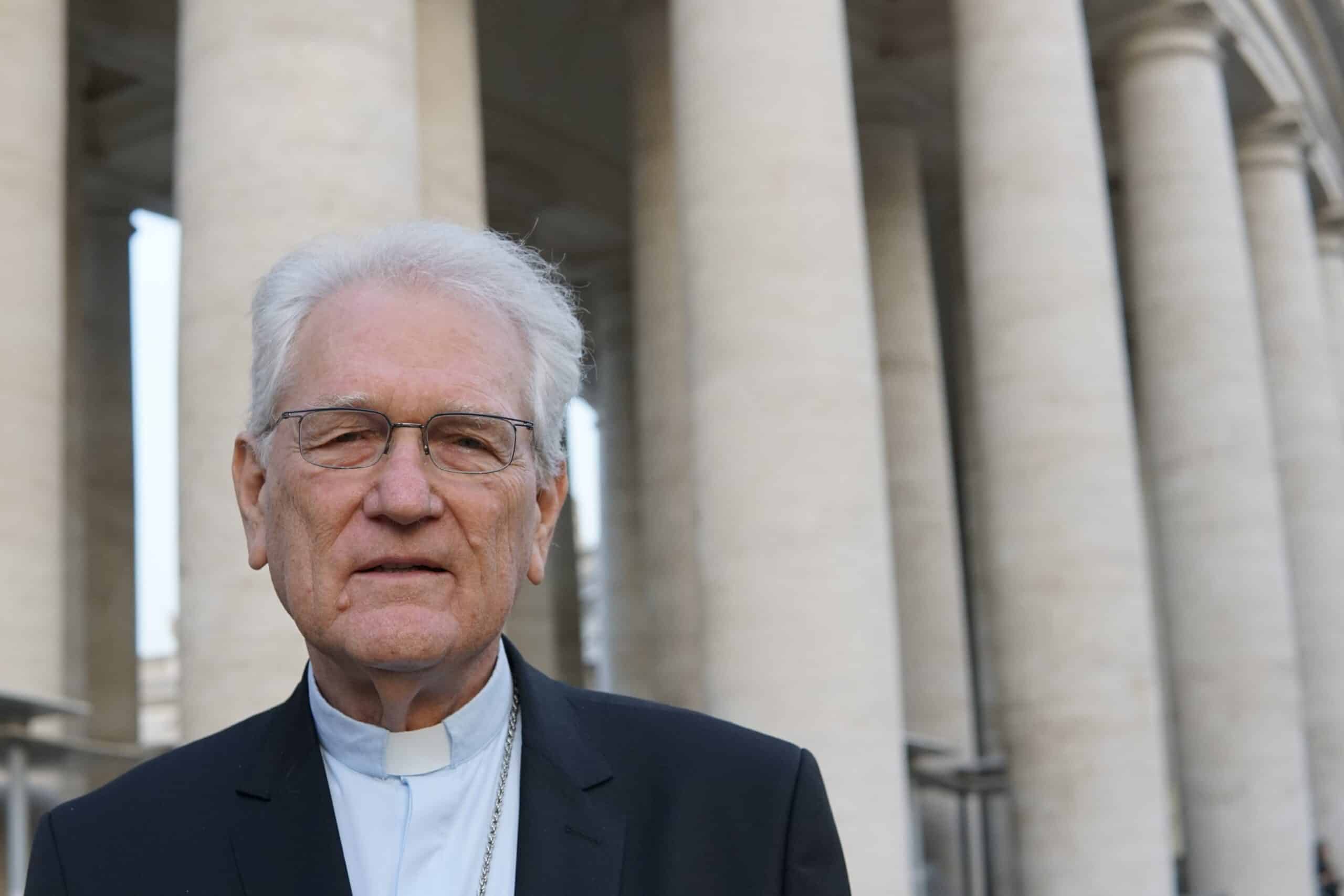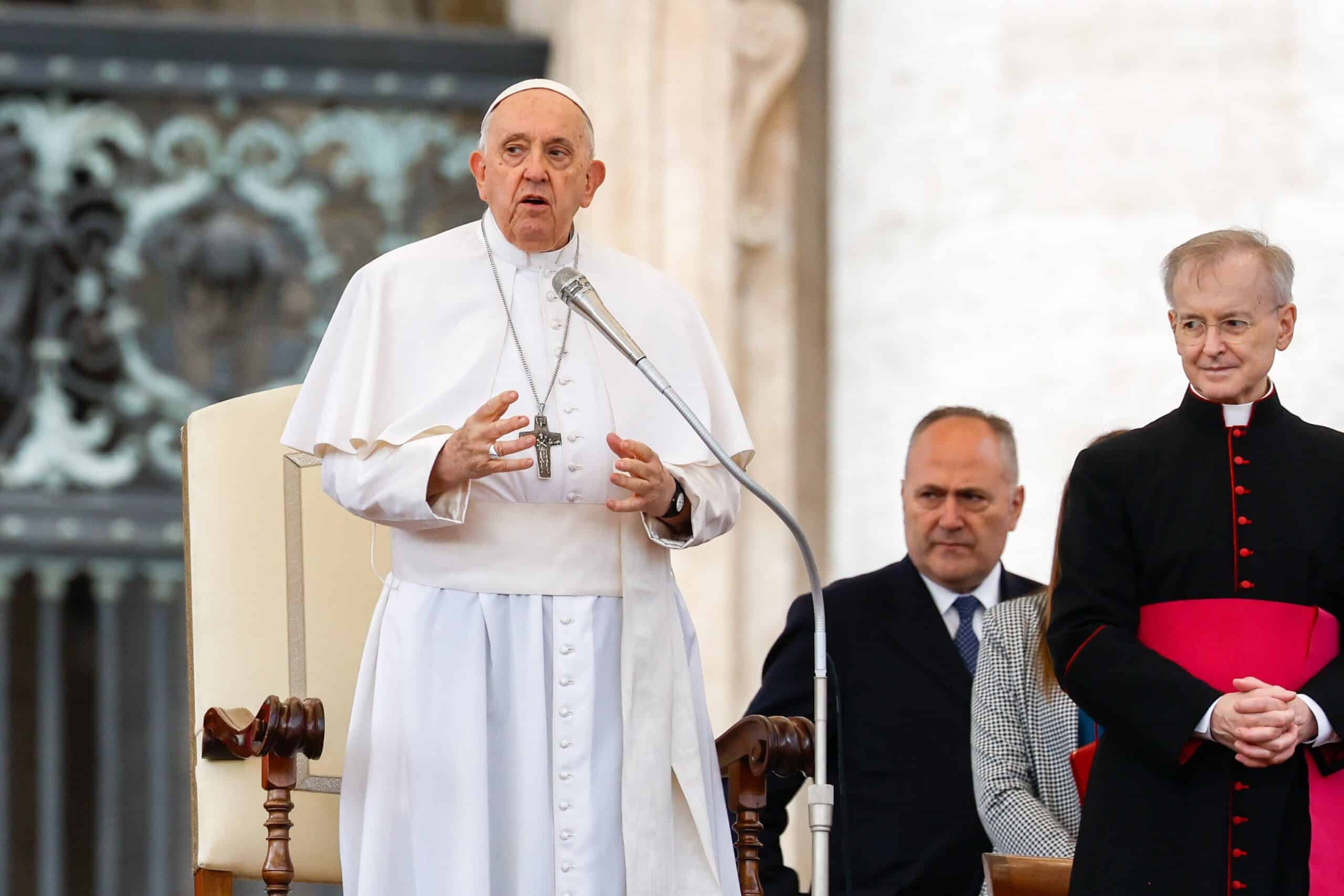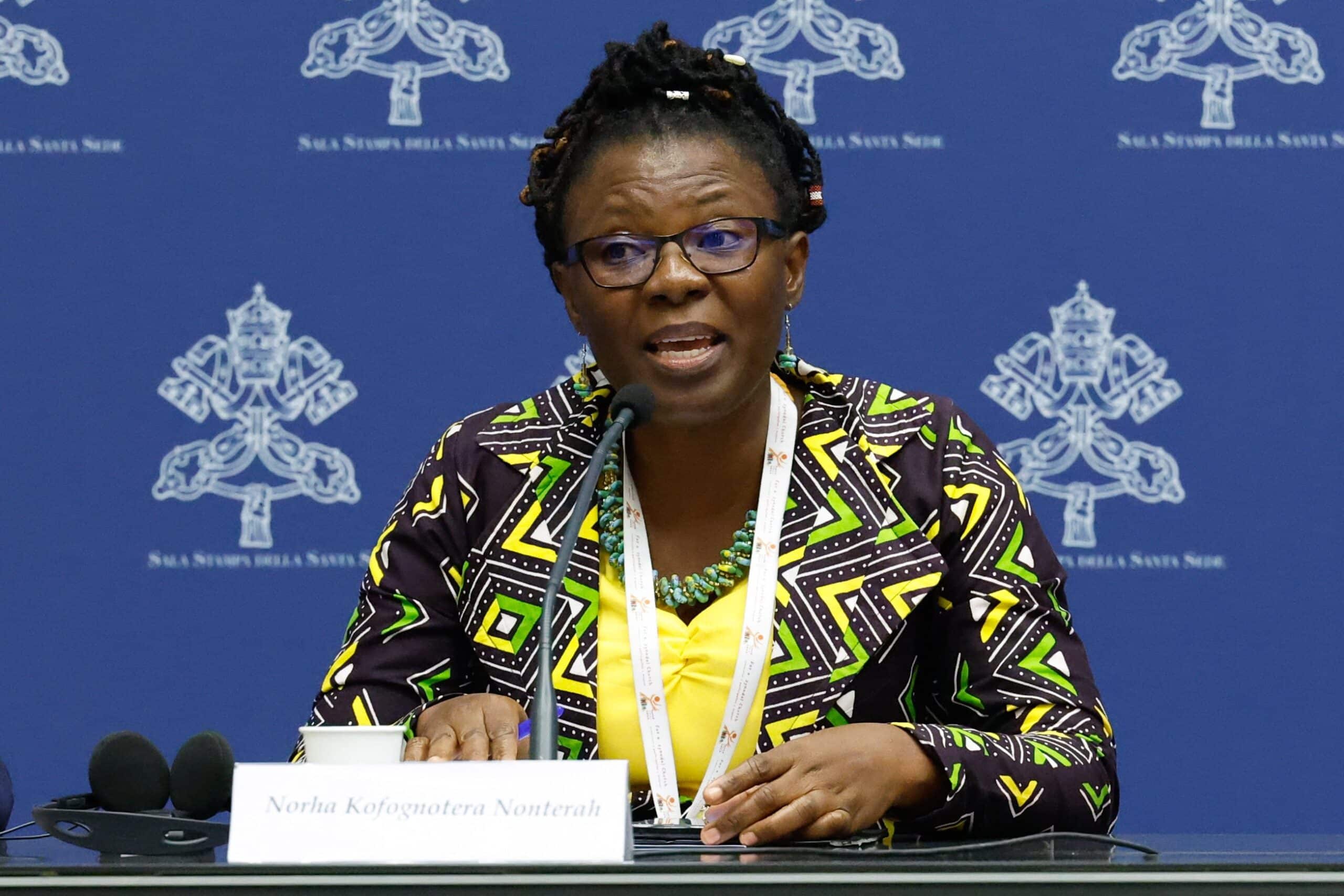Ministries that offer hope and healing to women after abortion are emphasizing the reality of abortion after pop star Britney Spears revealed the agony of her own experience.
“The thing to note is that when somebody like a cultural icon like Britney comes out with her message and her truth and her experience, it will trigger other women,” Georgette Forney, co-founder of the Silent No More Awareness Campaign and president of Anglicans for Life, told Our Sunday Visitor. “It is important for every woman to know that their pain is actually normal.”
“The loss of a child — even if it was a child you weren’t sure you wanted or you wanted and nobody else around you did — that’s a real loss,” she added.
In her upcoming memoir, “The Woman in Me,” 41-year-old Spears reveals that she became pregnant while in a relationship with singer Justin Timberlake, People magazine reported.
“It was a surprise, but for me, it wasn’t a tragedy. I loved Justin so much. I always expected us to have a family together one day. This would just be much earlier than I’d anticipated,” Spears writes, according to People. “But Justin definitely wasn’t happy about the pregnancy. He said we weren’t ready to have a baby in our lives, that we were way too young.”
The two dated publicly from 1999 to 2002, beginning when Spears was 17 and Timberlake, who belonged to the boy band *NSYNC, was 18.
“If it had been left up to me alone, I never would have done it. And yet Justin was so sure that he didn’t want to be a father,” Spears says of the abortion in the book to be released on Oct. 24. “To this day, it’s one of the most agonizing things I have ever experienced in my life.”
An unwanted abortion
A report from The Associated Press shared more details from the memoir.
“I’m sure people will hate me for this, but I agreed not to have the baby,” Spears describes. “Abortion was something I never could have imagined choosing for myself, but given the circumstances, that is what we did.”
To prevent anyone from finding out, she underwent the abortion at home, the AP reported, and called the physical pain “excruciating.”
“I kept crying and sobbing until it was all over,” Spears remembers. “It took hours, and I don’t remember how it ended, but I do, twenty years later, remember the pain of it, and the fear.”
At the Silent No More Awareness Campaign, which represents more than 20,000 people wounded by abortion, Forney, who has testified before Congress about her own abortion as a teenager, responded to Spears’ abortion.
“There’s a whole lot of emotion — there’s a whole lot of grief — that needs to be unpacked,” Forney said. “Britney is, in essence, trying to unpack it [by] sharing it in her biography.”
Media reaction
While she was not surprised to learn that Spears had an abortion, she said, she was surprised that the media was quick to pick up on it.
“They weren’t sure how to kind of spin it, if you will,” she commented. “And nobody was stopping to say, ‘Gee, how can we reach out to Britney?’ … When somebody shares that information, the first response should be, ‘We are so sorry you had to go through that.'”
She expressed concern for Spears who, she said, has already experienced exploitation over the years.
“The fact that it was a big deal, and she talks about it as a big deal, and people are connecting maybe one of her songs to it, reminds us all that abortion is not something that is like having a tooth pulled,” she said of a comparison that some abortion supporters have made.
Following the news about Spears’ abortion, fans speculated that her 2003 song, “Everytime,” hinted at the abortion. The chorus reads: “And every time I try to fly, I fall / Without my wings, I feel so small / I guess I need you, baby / And every time / I see you in my dreams / I see your face, you’re haunting me / I guess I need you, baby.”
A co-writer of the song denied the connection to entertainment site TMZ, while admitting, at the same time, that the music video, which depicts a woman giving birth, was up to Spears.
Lisa Rowe, the CEO of Support after Abortion, a non-profit that aids hundreds of agencies to serve those impacted by abortion, stressed that they exist to help women like Spears.
“Support After Abortion acknowledges the grief, depression, and other painful emotions that women and men may experience after abortion,” Rowe told Our Sunday Visitor. “No one should suffer alone.”
According to the group’s research, 22 million people are currently hurting after their abortion experiences and 90% do not know where to go for help.
“Our After Abortion Line is here for anyone who relates to Britney’s struggle and needs a place where they’re understood and can navigate their feelings,” Rowe added, inviting people to use their website’s online chat option or call 844-289-HOPE (4673).
Not always a woman’s choice
As founder of Rachel’s Vineyard Ministries, which calls itself the largest post-abortion ministry in the world, Theresa Karminski Burke, a nationally certified psychologist, licensed professional counselor and a board-certified clinical psychotherapist, responded to Spears’ abortion in a video shared with Our Sunday Visitor ahead of its publication.
In the video, Burke cites several studies, including a 2023 study by the Charlotte Lozier Institute, the research arm of pro-life group Susan B. Anthony Pro-Life America. The study, she says, disputes “the assumption that an abortion is truly a woman’s choice.”
The study, published in the medical journal Cureus, drew from a retrospective survey of 1,000 females, ages 41 to 45, living in the United States. Of the 226 women reporting a history of abortion, only 33% identified their abortions as wanted. Another 43% called their abortions accepted but inconsistent with their values and preferences while 24% reported their abortion as unwanted or coerced.
Burke also shares that the American Psychological Association (APA) “lists pressure from others to terminate a pregnancy as a risk factor for mental health problems after abortion.”
From 2008, a report by the APA Task Force on Mental Health and Abortion cites risk factors for more negative psychological reactions following an abortion, including “terminating a pregnancy that is wanted or meaningful; perceived pressure from others to terminate a pregnancy; perceived opposition to the abortion from partners, family, and/or friends; and a lack of perceived social support from others.”
At the same time, women who have had abortions are not alone, leaders of post-abortion ministries urged.
Abortion recovery programs exist today, Forney concluded, to help them “reconcile, make peace, grieve their child — and understand what led them to make that choice or allow that choice to be made for them.”







